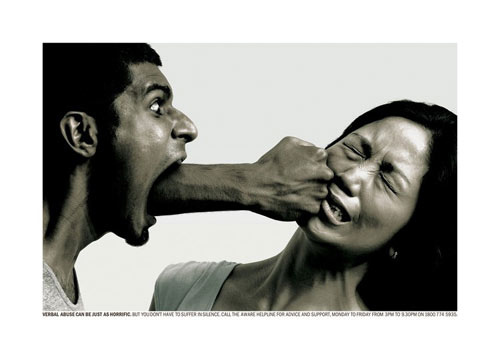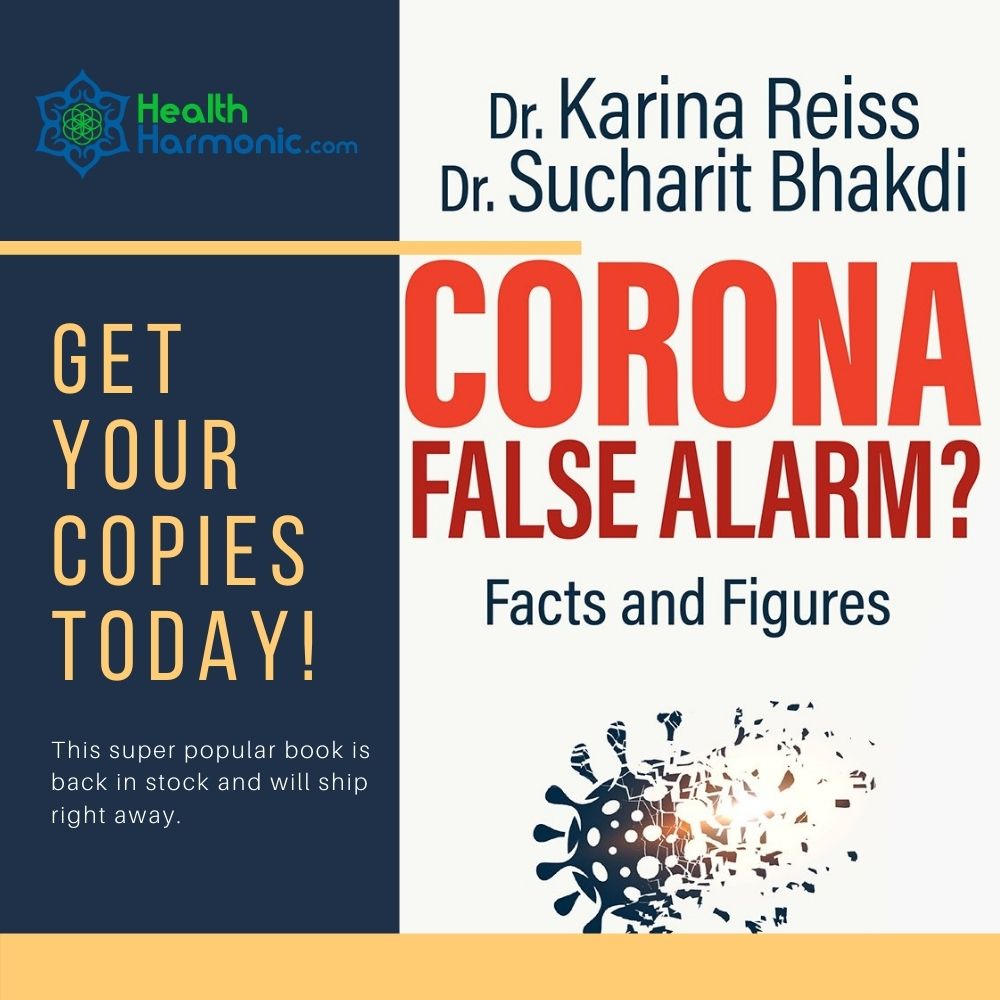
We all know that verbal abuse is wrong but how does it affect a person's health and well-being? Scientists are looking deeper into verbal abuse as a major risk factor for anxiety and depression. About 40 million adults in the US suffer from anxiety. This translates to about 18.1% of adults in the country.

On the other hand, 16 million adults in the US are depressed, which is about 6.9% of the US population. According to the World Health Organization, 350 million people around the world suffer from this disease.
Hateful words, bullying, name-calling, and abusive verbal onslaughts also increase the risk of mental problems such as PTSD, suicide, and eating disorders. Verbal abuse may also trigger migraines, chronic pains, and digestive problems.
Anxiety can be the result of many abusive behaviors and traumatic experiences. Verbal abuse can also play a huge role in this illness.
Sticks and stones may break your bones and words….they can hurt you too. Verbal abuse is demeaning, disrespectful and just plain wrong. Have you ever had someone in your face yelling at you because they’re upset, or have you been called names before? I have, and unfortunately, I have called people names myself. We often look over this form of abuse and think it’s okay, but it’s not okay at all.
Verbal abuse – the worst kind
Whether it’s bullying, cyber bullying or domestic abuse, verbal onslaughts can be worse than any other form of abuse. The reason this is true is that it affects the connection between the right and left hemisphere of the brain. Considering our brain develops over time, for many years, the developmental process is affected by this violent verbiage.
Just as with sexual or physical abuse, we are changed dramatically as children, then as adults, we look at the world in a completely different way than those who were not abused. Many of us suffer from anxiety as a result of verbal abuse.
Observations show the truth
While observing, through a brain scan, young adults between 18-25, scientists were able to tell the difference between those who suffered from anxiety and depression as opposed to those who did not. Those who did suffer from anxiety and depression were also former victims of verbal abuse.
It turns out that these same individuals which experienced verbal abuse, went through this trauma during middle school years, a time when the brain is developing at its highest rate.
Verbal abuse/emotional abuse
Both verbal and emotional abuse are similar. In fact, when someone is verbally abused, it affects them emotionally. Particular words even used passively, can cause severe damage to the self-esteem and emotions. This can act as a domino effect, causing disruptions in the victims work, relationships and home life, even years later.
At some point, anxiety will kick in, which will then become a rather uncontrollable response to otherwise normal changes in life. You can see the connection between these things and even imagine the permanent and detrimental damage that can and will be done to the brain and its structures.
Image courtesy of: J Tra






